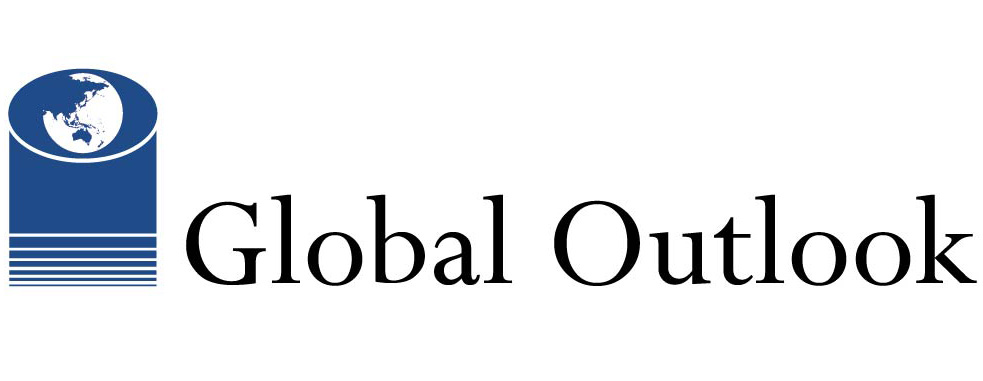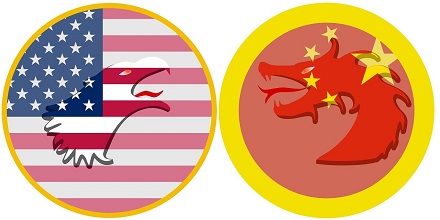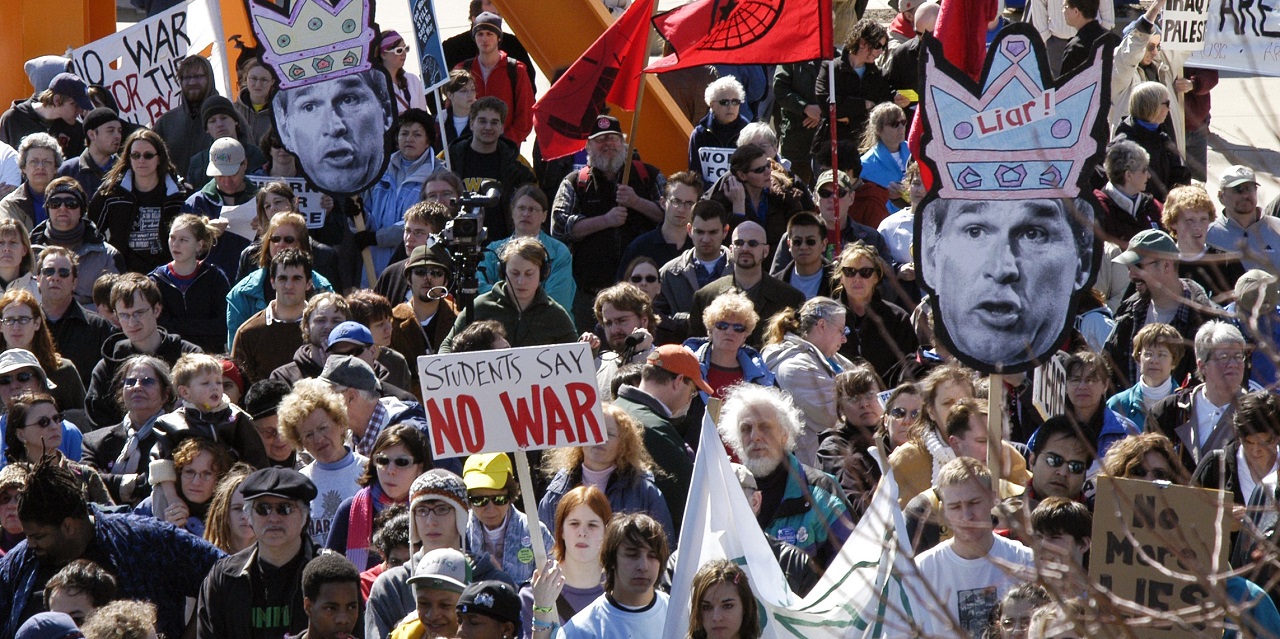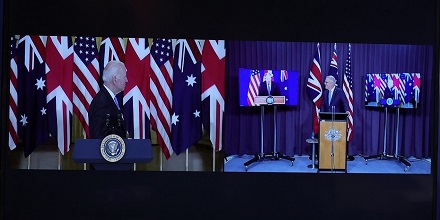
Curated expert opinion on intractable contemporary issues
China and the US: Two Paranoid Giants at Odds
By Chung-in Moon | 11 November, 2021
The US oversells its fear of China, which in turn pushes China into an almost hysterically aggressive posture of defence, only exacerbating the problem.
Are We Heading for a Cold War with China?
By Herbert Wulf | 09 November, 2021
In recent months, we have often heard that the return of the Cold War is imminent, this time with China. How great is this danger? Some developments point at a dangerous confrontation; others are completely different from the times of the Cold War with the Soviet Union and its allies.
The Worst Presidential Foreign Policy Blunders Under Clinton, Bush, Obama and Trump
By Ramesh Thakur | 27 October, 2021
A common intellectual parlour game is to rank American presidents in order of greatness. Abraham Lincoln, George Washington, Franklin D. Roosevelt and Theodore Roosevelt have long reigned supreme in the top four slots in C-SPAN’s survey of presidential historians. Switching angles and timeframe, although few question the US decision to exit Afghanistan, few defend how it was done. The calamitous domestic political consequences will be matched by lasting damage to the US’s global reputation and interests. This prompts the question: what were the single worst blunders by recent presidents?
UN Role in Restraining the Dark Side of Emerging Technology
By Denise Garcia | 24 October, 2021
In May 2021, the United Nations Security Council met for the first time to discuss the role of emerging technologies, such as Artificial Intelligence (AI), in peace and security. In the following month, the Security Council met to discuss how to keep peace in cyberspace, also for the first time, ushering emerging technologies to the highest level of diplomatic efforts at the United Nations (UN).
The Four Shadows Cast By AUKUS
By Chung-in Moon | 19 October, 2021
On September 15, the leaders of the US, the UK, and Australia convened in Washington, where they agreed to form a new security pact called AUKUS. Considering that the three countries have already been allies for quite some time, it’s striking that they would establish yet another partnership for sharing military technology. That represents an evolution of their alliance.
The Taliban's Social Media Warfare Operation Toward Seizing Kabul
By Iria Puyosa | 17 October, 2021
In their advance towards Kabul, the Taliban were anticipating their military victory through WhatsApp's voice notes, tweets, and Facebook posts. The Taliban insurgency crafted transmedia storytelling on how Afghan army soldiers were surrendering without much fighting. On the eve of the seizure of Kabul, images shot by mobile phones and drones were transmitted to the world, showing scenes of the Taliban's march toward victory.
The views and opinions expressed in Global Outlook are those of the authors and do not necessarily reflect the official policy or position of Toda Peace Institute.




